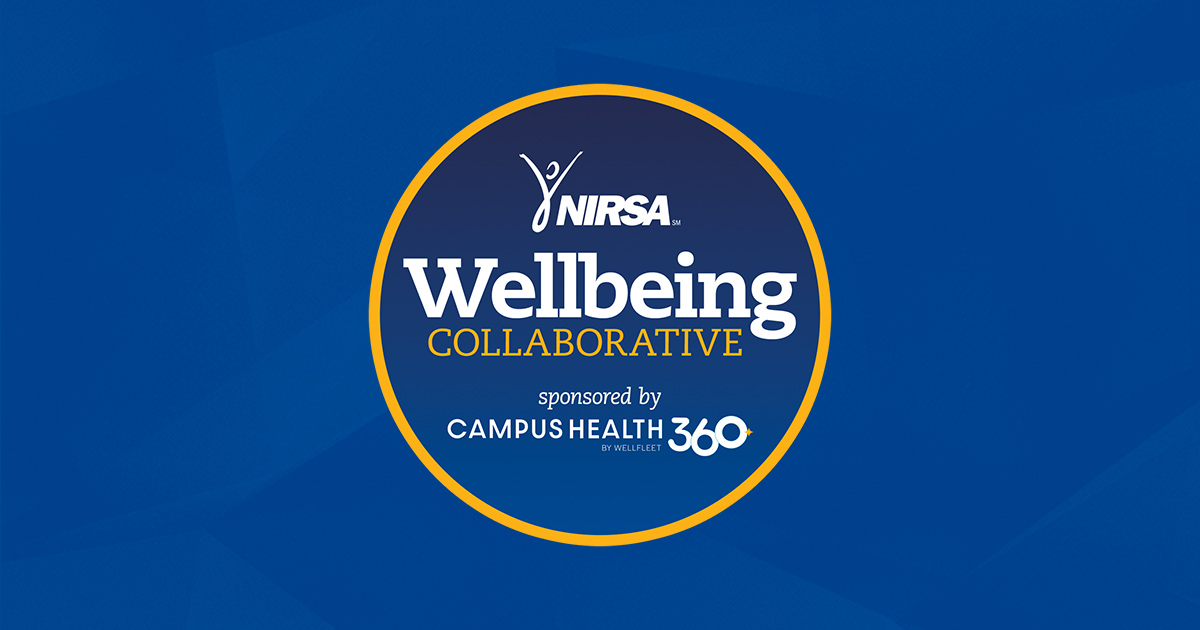Changing behavior is a critical component for making healthy lifestyle choices that can be sustained. Yet, behavior change often goes unaddressed in health education programs that seek to promote optimal health. Presenting students with information and facts about health-related topics increases students’ knowledge about health, but knowledge alone doesn’t necessarily give them the tools and strategies which are needed to change individual behaviors.
By contrast, health coaches have the capacity to facilitate behavior change using an individualized approach that encourages people to create their own goals and action plans while providing motivation, accountability, and support.
Health coaching on college campuses
Health coaching has become an emerging trend on college campuses, with health coaches providing resources and education that can lead to better health outcomes among students. Offering health coaching services can benefit students, faculty, and staff by providing them with opportunities to participate in interventions designed to improve nutrition, increase physical activity, and manage stress with success. Health coaches use a client-centric approach to build rapport in a non-judgmental environment that respects cultural differences in order to promote equity and inclusion.
The American Council on Exercise (ACE) offers a robust health coach curriculum that includes a facilitator’s guide and lesson plans, videos that demonstrate coaching in action, as well as assessments to ensure students understand how to apply the theories to real-life situations. Completing the course prepares students to take the ACE Health Coach Certification exam. Obtaining a health coach certification offers numerous opportunities for working directly with clients, including private coaching, either in-person or virtually, or within a health club, medical setting, or an organization’s wellness program.
Faculty members at colleges and universities who obtain the health coaching certification will have the ability to teach their health courses from a health-coaching perspective. This, in turn, enables them to facilitate behavior change in the classroom setting by having their students participate in fitness and nutrition activities that build self-efficacy through goal setting, creating actions steps, addressing barriers and reflecting on their progress. College health professors who have become health coaches generally teach from a behavior-change perspective that promotes health literacy and helps students grasp the connection between lifestyle choices and chronic disease prevention.
Bringing health coaching to your campus
The best way to implement the delivery of a health coaching course on campus is to collaborate with the Health Sciences Department Chair or Assistant Dean and to enlist the support of other departments, such as nutrition or psychology, as these topics are deeply rooted in the health coach curriculum. Ideally, Health Services would provide support as well so that, eventually, certified health coaches may be able to offer their services in a clinical setting. For campuses already offering the ACE Personal Trainer course, the ACE Health Coach course is an ideal companion course that empowers trainers to incorporate coaching strategies into their clients’ sessions.
The ACE health coach course can also be added as a requirement for your team members who are working to obtain a personal training certificate. Adding this requirement provides trainers with the motivational interviewing and positive listening skills necessary to help clients create and reach goals that are linked to their values and beliefs. ACE provides the syllabus, curriculum, and programming that instructors will need to successfully implement the health coach course.
A qualified instructor is an ACE Certified Health Coach who possesses either a bachelor’s degree in a related field or a current license or registration as a healthcare provider. In addition, instructors must have at least three years teaching experience at an accredited college or university. Eligible candidates can be identified by geographical area on the Find an ACE Pro page of the ACE website.
Why you should consider adding an ACE Certified Health Coach to your team
Healthcare providers often lack the time and resources to help people establish healthy habits. Health coaches can help fill this void in the system by becoming a part of the allied healthcare team. Through engaging conversations and powerful questioning, health coaches can help individuals develop a growth mindset that boosts their self-efficacy and empowers them to make healthy choices that will improve their quality of their life.
If you are interested in pursuing an NCCA-accredited Health Coach certification, visit the ACE entry on the NIRSA Discounts and Rewards page to learn about special discounts for NIRSA members.
- For more information about sponsored content with NIRSA, contact NIRSA Director of Corporate Relations and Business Development Heidi Hurley.
Suzanne Stringer, CPT, is currently an ACE Health Coach and Personal Trainer, Fitness Instructor, and Adjunct Faculty of Health and Exercise Sciences at Anne Arundel Community College.







